Aliquots
-

Bridging the antibiotic gap
Vanderbilt researchers have discovered how certain molecules with antibiotic properties are synthesized, findings that could lead to new drugs that overcome the increased antibiotic resistance in bacteria. Read MoreAug 7, 2015
-
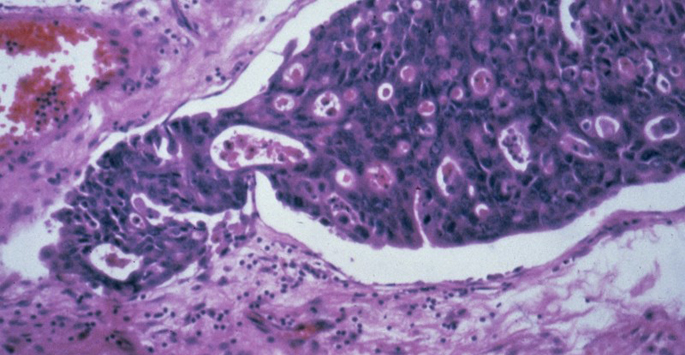
Stomach cancer cues
Vanderbilt scientists have discovered a new molecular mechanism that promotes stomach cancer development, findings that could provide new opportunities for treatment. Read MoreAug 6, 2015
-

In a zebrafish’s eye
Vanderbilt investigators demonstrate that a certain eye lens protein is evolutionarily conserved between zebrafish and rat, suggesting that zebrafish can be used as a model system to understand eye lens disorders such as cataracts. Read MoreJul 29, 2015
-

Anticancer olive compounds
Compounds found in olives and olive oil have anticancer activity, which may contribute to the cancer preventive properties attributed to the Mediterranean diet. Read MoreJul 27, 2015
-
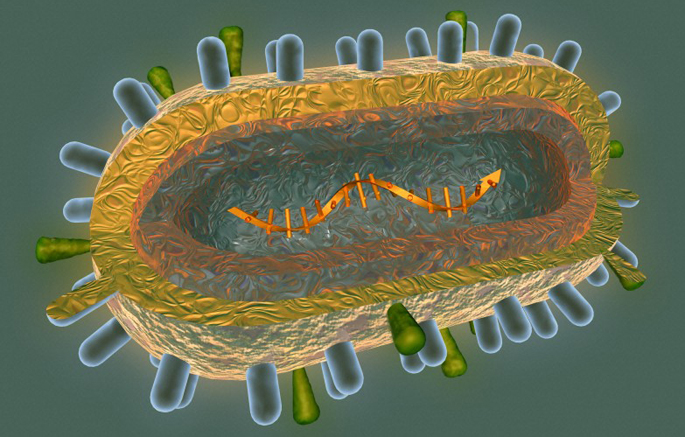
How to trick a wily virus
Vanderbilt investigators have discovered how human antibodies induced during testing of an experimental “bird flu” vaccine kill the virus. Read MoreJul 24, 2015
-
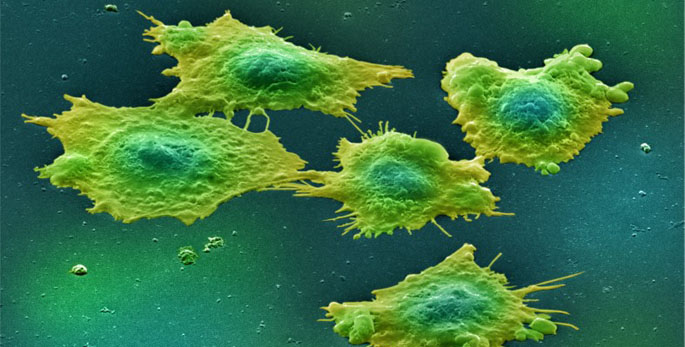
Targeting bone metastasis
The rigidity of the bone extracellular matrix increases the ability of tumor cells to destroy bone, suggesting new targets for anticancer drug development. Read MoreJul 23, 2015
-

Drug signaling networks
Vanderbilt investigators have developed a new algorithm to understand the networks of signaling molecules that control drug action. Read MoreJul 15, 2015
-
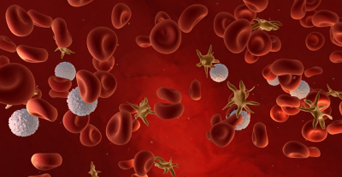
Hhex on cancer
A new mouse model demonstrates that the Hhex gene – which is linked to blood cancers – is critical for normal blood cell production. Read MoreJul 13, 2015
-

Delivering cells for heart repair
A polymer hydrogel material developed by Vanderbilt scientists improved the delivery of stem cells for heart repair. Read MoreJul 10, 2015
-

Signals of schizophrenia
Vanderbilt researchers have discovered a possible molecular mechanism of schizophrenia that could lead to new treatments for the disorder. Read MoreJul 9, 2015
-

Lit up COX-2 cancer probe
A new imaging probe developed by Vanderbilt investigators enhances tumor visibility and has broad applications in diagnosing and monitoring patients with cancer. Read MoreJun 17, 2015
-
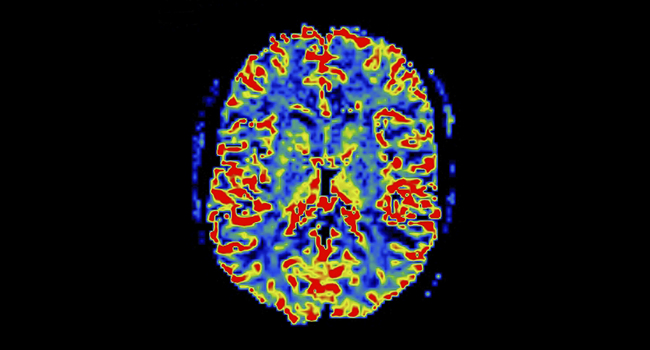
A view of brain function in disease
Vanderbilt investigators report the first use of a specialized type of MRI to study the hippocampus in patients with schizophrenia. Read MoreJun 16, 2015
-
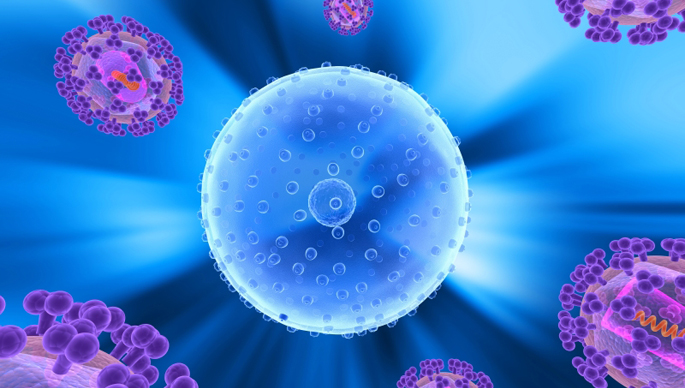
New strategy to combat HIV
Inhibitors of the enzyme phospholipase D1 suppress the replication of HIV-1, Vanderbilt investigators have discovered. Read MoreJun 12, 2015
-

A “CRISPR” way to study disease
Using revolutionary CRISPR technology, Vanderbilt investigators have developed a fast and simple method to simultaneously turn off multiple genes in order to study complex diseases. Read MoreJun 11, 2015
-

Preventing early pregnancy complications
The enzyme alkaline phosphatase may provide a new therapeutic option for women at high risk of pregnancy complications due to bacterial toxin exposure. Read MoreMay 20, 2015
-

Tools for exploring ‘omics’ data
The NetGestalt computing portal integrates vast amounts of data to aid users in finding biologically and clinically relevant information. Read MoreMay 18, 2015
-

Boosting cell-based heart repair
A metabolic change in adult stem cells makes them less “fit” for regenerative heart therapies, suggesting that strategies to prevent this response may boost the therapeutic usefulness of the cells. Read MoreMay 15, 2015
-
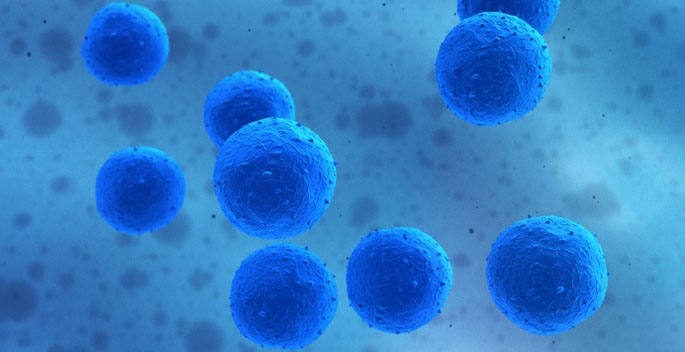
Insights on lysosomal storage diseases
A novel mechanism could point to new therapies for a group of inherited diseases that share pathological features. Read MoreMay 14, 2015
-

Neurofibromin fine-tunes bone growth
The protein neurofibromin acts as a brake in a signaling pathway that is important in bone development, Vanderbilt researchers have discovered. Read MoreMay 6, 2015
-
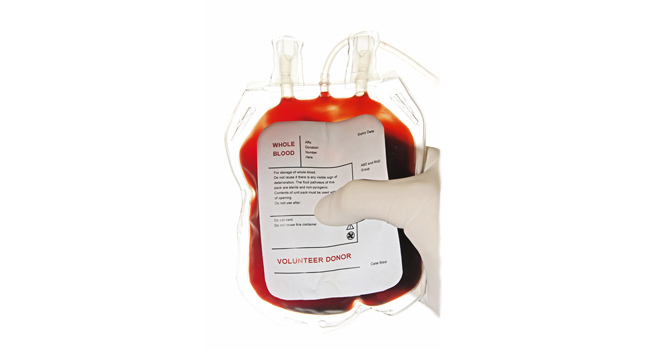
Kids more likely to react to blood transfusions
Pediatric patients have a significantly higher incidence of transfusion reactions compared to adults, according to a study by Vanderbilt University researchers. Read MoreMay 4, 2015